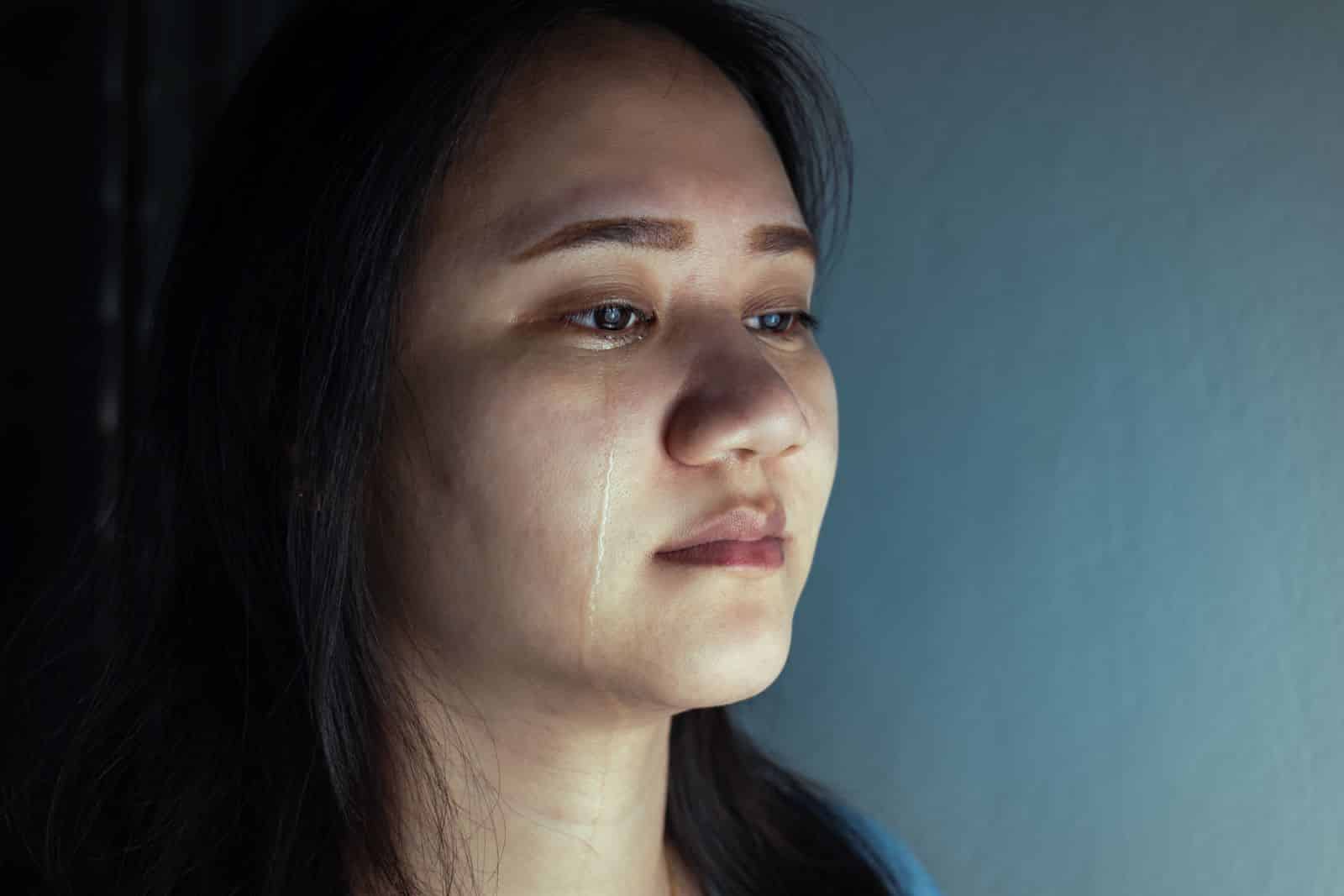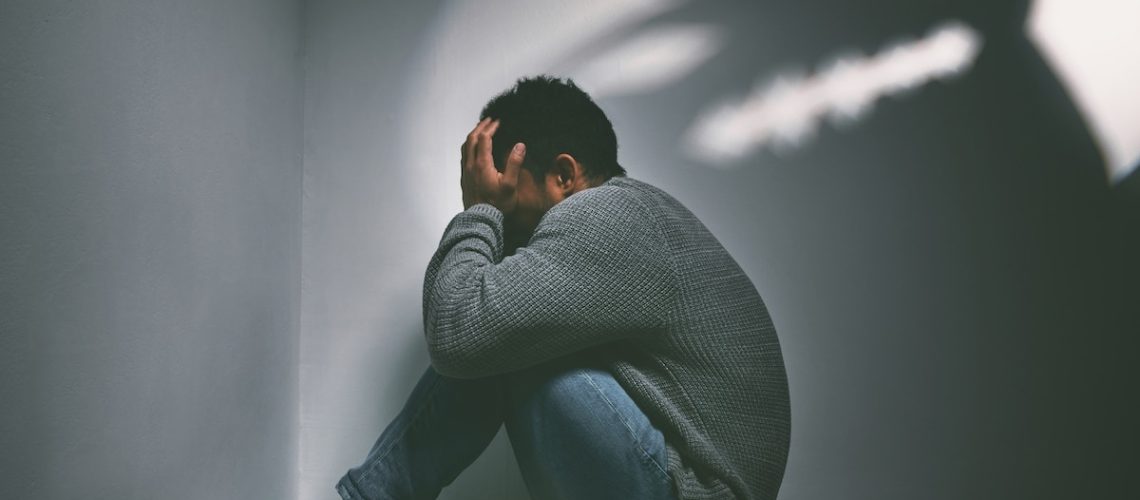When someone you care about is silently struggling with past trauma, it’s not always easy to spot. Here’s how you might begin to notice that something deeper is affecting them.
1. Intense Emotional Reactions

They might overreact to things that seem trivial to others, a potential sign that certain triggers are at play.
2. Avoidance Behaviors

If they’re avoiding specific places or people, it could be they’re steering clear of reminders that bring pain.
3. Trust Issues

Is it hard for them to open up or trust others? This might stem from past hurts that they haven’t moved past.
4. Mood Swings

Keep an eye on sudden, unexplained changes in mood. These could be signs they’re not just having a bad day.
5. Hypervigilance

Notice if they seem constantly on guard. This alertness can be exhausting and is often rooted in fear.
6. Sleep Problems

Trouble falling or staying asleep, or nightmares, can be telltale signs of unresolved issues.
7. Signs of Depression

A pervasive sadness or disinterest in life can be a deep-seated emotional response to unresolved trauma.
8. Anxiety

Anxious behaviors or feelings might be a reflection of inner turmoil that’s been festering.
9. Social Withdrawal

Pulling away from friends and activities is a common sign someone is trying to manage their emotional world alone.
10. Physical Symptoms

Unexplained physical symptoms like headaches or nausea can sometimes be linked to emotional distress.
11. Turning to Addictions

Substance use or other compulsive behaviors might be their way of numbing or escaping painful memories.
12. Low Self-Esteem

If they often talk down about themselves, it could be trauma eating away at their self-worth.
13. Emotional Numbness

A lack of emotional response or a feeling of detachment could be their way of protecting themselves from pain.
14. Need for Control

A strong desire to control their environment or relationships might be a response to feeling powerless in the past.
15. Conflict Challenges

Difficulty handling conflict might be more about their past than the issue at hand.
16. Memory Issues

Gaps in memory, especially from around the time the trauma occurred, are a common defense mechanism.
17. Feeling Overwhelmed by Small Tasks

If everyday decisions seem to paralyze them, it could be a sign of a larger struggle beneath the surface.
18. Self-Harm

Any signs of self-harm are serious and indicate a need for immediate compassionate intervention.
19. Burdened by Guilt or Shame

These feelings are often disproportionate and can be a heavy load to carry.
20. Relationship Struggles

If maintaining close relationships is consistently difficult, fear of vulnerability and past pain might be influencing their interactions.
21. Dwelling on the Past

Frequently revisiting painful memories can be a sign they haven’t yet found peace or closure.
Being There for Someone in Need

If these signs sound familiar, your loved one may be suffering more than they let on. By offering a listening ear, a shoulder to lean on, or resources for professional help, you can provide meaningful support. Remember, healing is a journey, and having supportive people along the way can make all the difference.
The post 21 Signs Your Loved One Is Suffering From Past Trauma first appeared on Pulse of Pride.
Featured Image Credit: Shutterstock / Yuri A.
For transparency, this content was partly developed with AI assistance and carefully curated by an experienced editor to be informative and ensure accuracy.

